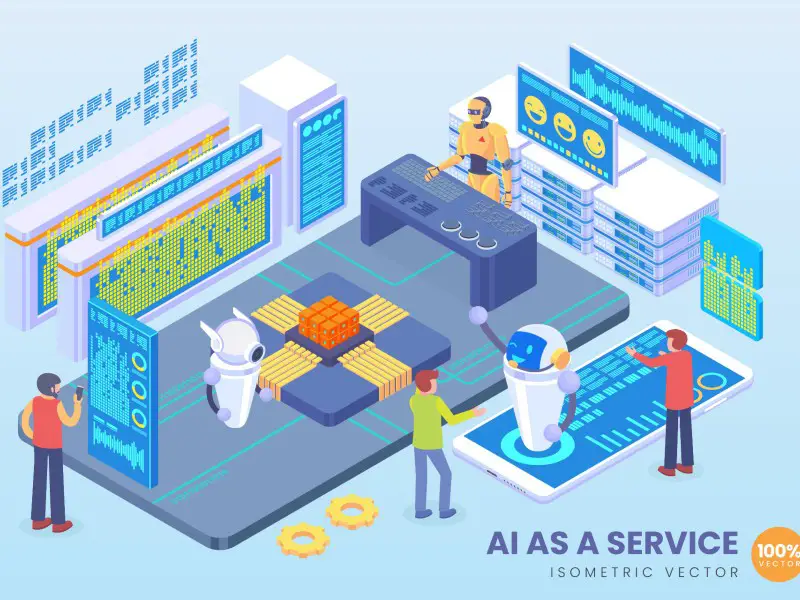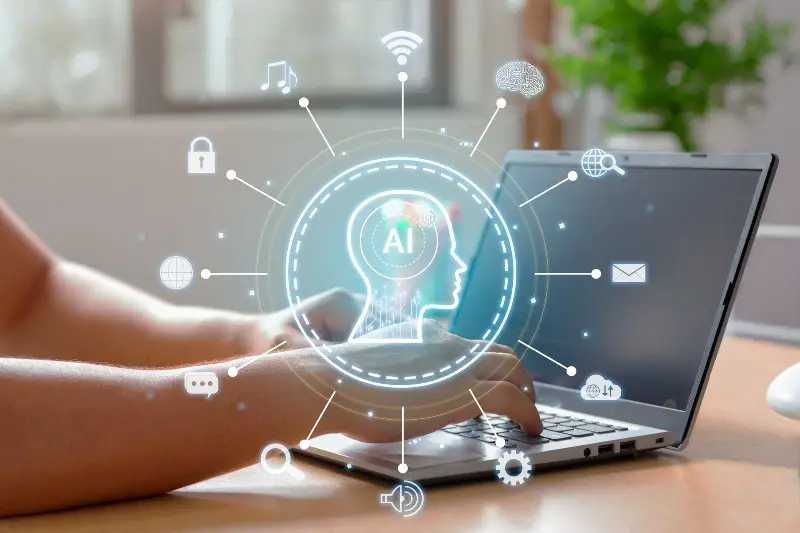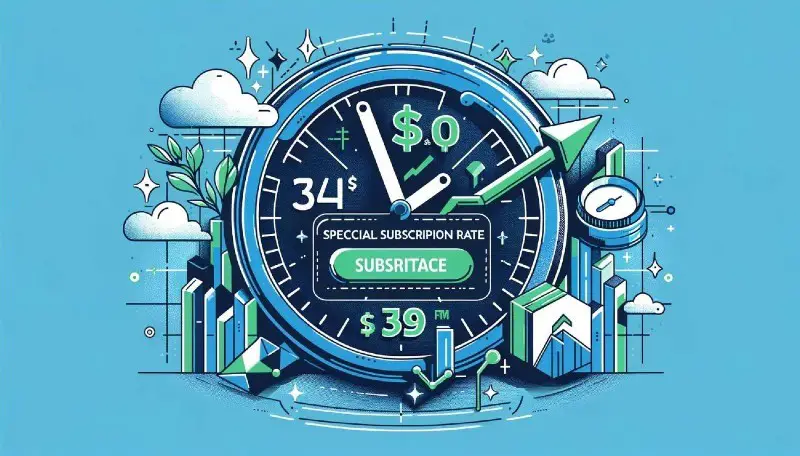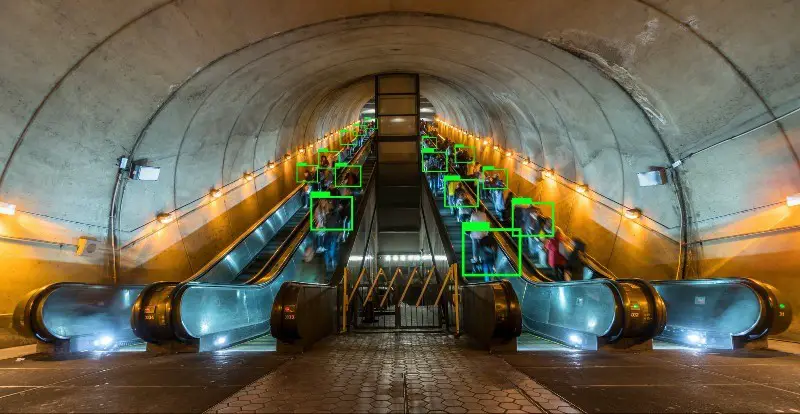Introduction
Artificial Intelligence is no longer an alien concept. In fact, it has firmly established its footprint across numerous sectors, from healthcare to entertainment, agriculture to transportation. Today, we shift our focus to another significant sector that is poised for an AI-led revolution – education. As we explore how artificial intelligence is progressively reshaping education, it’s essential to understand that the transformation is multifaceted. It ranges from administrative tasks to personalized learning experiences, from e-learning platforms to future educational models.
In the past two years, the education sector has been hit hard due to the global pandemic. Traditional classroom teaching has suffered immensely, revealing a vast gap in the accessibility and quality of education. Yet, with challenge comes opportunity. The sector’s decline has opened up space for technological innovations, specifically AI, to step in and address these gaps.
The world is standing on the precipice of an educational revolution. With recent declines in educational outcomes globally, the traditional structures of learning have come under scrutiny. Traditional education systems, characterized by rote memorization and one-size-fits-all instruction, have failed to address the growing need for personalized, engaging learning experiences that equip students for the realities of the 21st century.
Enter Artificial Intelligence, a harbinger of change, bringing with it the promise of transforming how we approach education. This blog post delves into the depths of this revolution, examining how AI is set to redefine education as we know it and become the cornerstone of a new era of educational practices. We will explore its roles, impacts, and the future it heralds, by providing in-depth insights into specific sub-domains, rich with examples and evidence.
Which of the following industries commonly requires data entry tasks?
Artificial Intelligence in Education
The realm of artificial intelligence has permeated into virtually every industry, and education is no exception. The advent of artificial intelligence is setting the stage for a paradigm shift in educational practices. From personalized tutoring to predictive analytics that offer insights into student performance, AI’s potential in education is broad and transformative.
Defining the Role of AI in Education
Artificial Intelligence in education extends beyond the confines of imparting knowledge. It’s transforming the teaching-learning paradigm, by personalizing content, predicting learning patterns, enhancing efficiency, and improving accessibility. With algorithms that adapt to student’s learning styles, AI is fostering an environment that encourages interactive and immersive learning.
Take the example of Carnegie Learning, an ed-tech company using AI to provide personalized math instruction. The program tailors its content based on each student’s strengths and weaknesses, offering individualized learning paths that optimize the learning process. Their product, MATHia, embodies the potential of AI in personalizing education, and serves as an example of how AI can be used to tailor educational experiences to individual learner needs.
How AI is Transforming the Education Sector
The transformational journey of AI in education is well underway. A crucial example lies in the field of personalized learning. AI algorithms are being used to understand individual learning patterns and adapt educational content accordingly, resulting in a tailor-made learning experience for each student. Tools such as Carnegie Learning provide an AI-driven adaptive learning experience, driving students’ engagement and comprehension levels.
AI also holds promise in predictive analytics in education. By analyzing patterns in students’ learning and performance, AI can help predict potential learning roadblocks and proactively offer solutions. For instance, the Data-Informed Student Learning project utilizes AI to predict students’ academic performance, assisting educators in tailoring interventions effectively.
But AI’s influence is not just confined to classrooms or administrative tasks; it is also profoundly changing the landscape of e-learning.
Artificial Intelligence is profoundly influencing the education sector by redefining the roles of teachers and students, reshaping the learning experience, and ushering in a new era of inclusivity and accessibility in education.
For instance, AI-powered platforms like Century Tech are paving the way for smart classrooms. These platforms offer teachers real-time data about student performance, allowing them to better understand individual learning gaps and adjust instruction accordingly. For students, these systems deliver personalized learning experiences, adapting to their individual needs and learning styles. This two-way AI interaction streamlines the educational process and enhances learning outcomes.
In the next segment, we will explore how AI is revolutionizing the field of e-learning, opening new avenues of education for learners worldwide.
Step into the fascinating world of the present, where artificial intelligence (AI) is not a distant dream, but a thrilling reality. Experience the seamless integration of AI in your everyday gadgets – your smartwatch, the intuitive smart speaker, the diligent security alarm, or the customer service chat box – all are manifestations of the awe-inspiring AI technology. Curious about the behind-the-scenes of AI creation? Pondering if AI is actually real? The enlightening ‘Artificial Intelligence For Dummies’ has all the answers you seek.
Commencing with a fundamental understanding of AI, this reference demystifies the intricate topic of AI for you. From the usage of data, algorithms, to the specialized hardware, the book is an easy-to-understand guide to the universe of AI that breathes life into the devices you simply can’t do without.
Here’s what the book promises to offer:
- Debunk the hyperbole surrounding artificial intelligence and get a true picture
- Delve into the astonishing capabilities of AI and learn about its boundaries
- Learn how AI accelerates data collection and analysis, enabling faster, informed decisions
- Explore how AI breathes life into hardware applications such as drones, robots, and vehicles
- Discover the potential applications of AI in diverse fields like space, medicine, and communication that are on the horizon
It’s worth noting that nearly 80% of the devices you interact with on a daily basis rely on some form of AI. While you don’t need to understand AI to use your smart speaker or engage with a bot, possessing knowledge about its inner workings will undoubtedly make you feel smarter. So, why wait? Grab this accessible guide today and unravel the captivating secrets of AI!
Artificial Intelligence in E-Learning: A New Era of Education
The shift towards e-learning has been accelerated by the ongoing global health crisis. In this scenario, AI plays a critical role in making virtual education as interactive and personalized as possible.
AI-powered chatbots, for instance, can provide 24/7 assistance to students, answering queries, and offering personalized recommendations for study resources. AI can also help design virtual tutors, which can adapt to individual students’ learning pace and style, providing a highly personalized learning experience. Platforms like Duolingo are excellent examples of how AI can enhance the e-learning experience.
Artificial Intelligence in E-Learning: A New Era of Education
Artificial Intelligence, coupled with the digital landscape, has given rise to e-learning platforms that are democratising education. E-learning, powered by AI, is enhancing accessibility, breaking geographical barriers, and offering personalized learning experiences, marking a new era in education.
For example, the platform Coursera offers a multitude of online courses from universities and companies worldwide. Leveraging AI, Coursera provides personalized course recommendations based on learners’ previous activities and interests. In this way, AI plays an integral role in making learning experiences more relevant, engaging, and learner-centered.
Another interesting example is Duolingo, a language learning app. Duolingo uses AI to adapt the learning content to the learner’s proficiency level and learning pace. The use of AI makes Duolingo’s e-learning experience interactive and efficient, improving learner engagement and retention.
The Impact of AI on Personalized Learning
Personalized learning is arguably one of the most promising benefits of AI in education. By tailoring educational experiences to the needs of individual learners, AI is making education more efficient, engaging, and effective.
AI-powered platforms like Knewton are leading the way in personalized learning. Knewton’s adaptive learning platform uses AI to analyze a student’s performance and offer personalized content and recommendations. This means each learner receives an individualized learning experience that’s tailored to their strengths, weaknesses, and learning styles.
Similarly, Quizlet, an AI-powered studying tool, uses machine learning to tailor study plans to individual students. The system adapts based on the student’s performance, providing more challenging material when the student is ready, and revisiting areas where the student is struggling. Such AI-driven personalization is revolutionizing how students learn, making education more learner-centered than ever before.
Artificial Intelligence and the Future of Education
Looking ahead, AI’s role in education is set to expand even further. The promise of a more personalized, efficient, and inclusive education system beckons. Predictive analytics, AI-driven content curation, smart classrooms, and immersive learning experiences via Augmented Reality (AR) and Virtual Reality (VR) are on the horizon.
A company leading the charge in this regard is Content Technologies Inc, who are using AI to develop virtual learning assistants. These intelligent assistants can provide real-time tutoring, answer student queries, and offer instant feedback, enhancing the learning process and making education more interactive.
While the full impact of AI in education is still unfolding, one thing is certain: artificial intelligence has the potential to address some of the significant challenges faced by the sector. The global decline in educational outcomes in recent years has underscored the need for a different approach. With AI, there is an opportunity to fill this gap, transforming education from a generic, one-size-fits-all model to a more personalized, efficient, and learner-centric system.
For example, as highlighted by McKinsey, AI can be pivotal in addressing the global learning crisis by enabling personalized learning at scale. AI can be used to tailor learning to individual needs, ensuring that every learner is provided with the right content, at the right time, in the right way.
Conclusion
In summary, artificial intelligence is not just a disruptive force in education—it’s a transformative one. It’s redefining roles, reshaping experiences, and promising a future where education is more personalized, accessible, and effective.
From AI’s role in offering personalized learning experiences to its impact in transforming e-learning, we have witnessed how this technology is revolutionizing the education sector. Examples like Carnegie Learning, Century Tech, Coursera, Duolingo, Knewton, Quizlet, and Content Technologies Inc, among others, serve as testament to AI’s potential in reforming education.
Moreover, AI could be the much-needed remedy to recent declines in educational outcomes. As education systems around the world strive to adapt to the changing needs of students, the promise of AI-driven personalization and efficiency shines brightly on the horizon.
With AI, the future of education looks promising. As we continue to explore and harness the power of AI, we edge closer to a new era in education—an era marked by learner-centric approaches, personalized learning experiences, and a global democratization of knowledge. In this sense, AI holds the keys to the educational revolution we’ve been waiting for.

Navigating the Convergence: Artificial Intelligence and the Legal Sphere
Artificial Intelligence (AI) has transformed multiple sectors, including the field of law. This blog post delves into the legal aspects of AI, the regulatory landscape, and AI’s role in legal practice. It also explores AI’s impact on privacy law and the ethical quandaries it presents. A comprehensive look at the intriguing intersection of AI and law.






